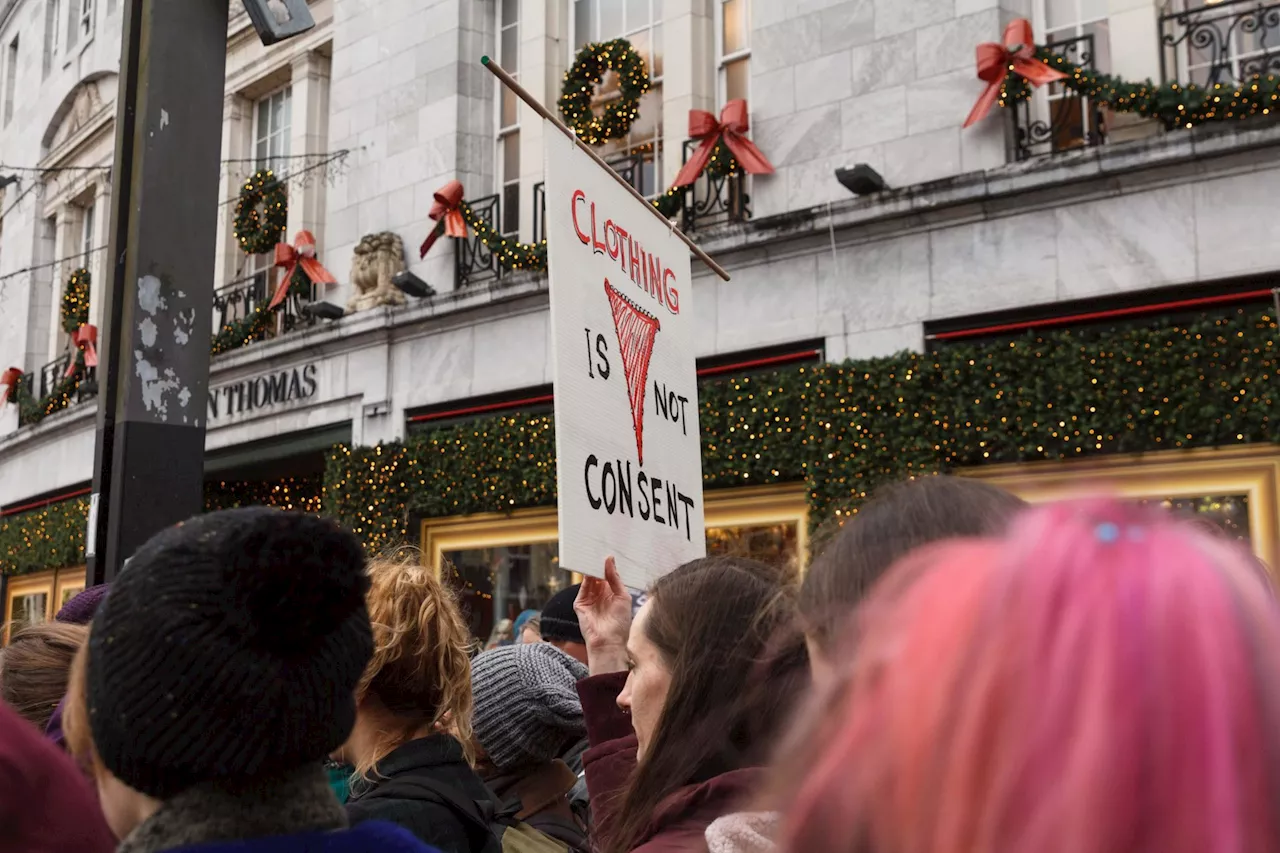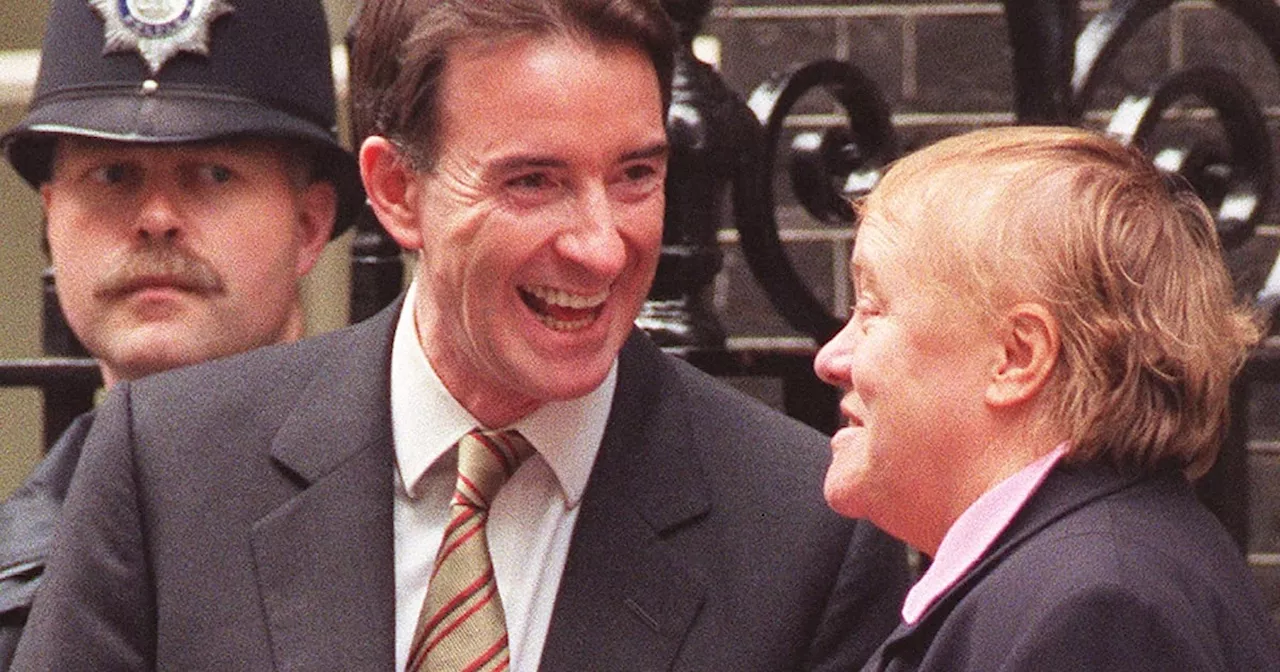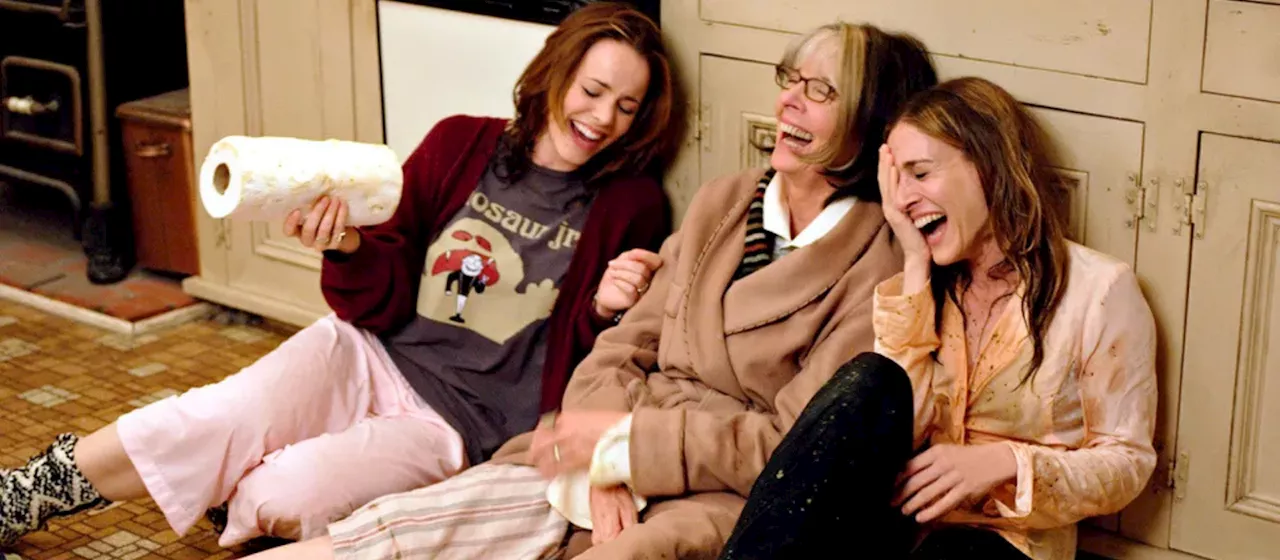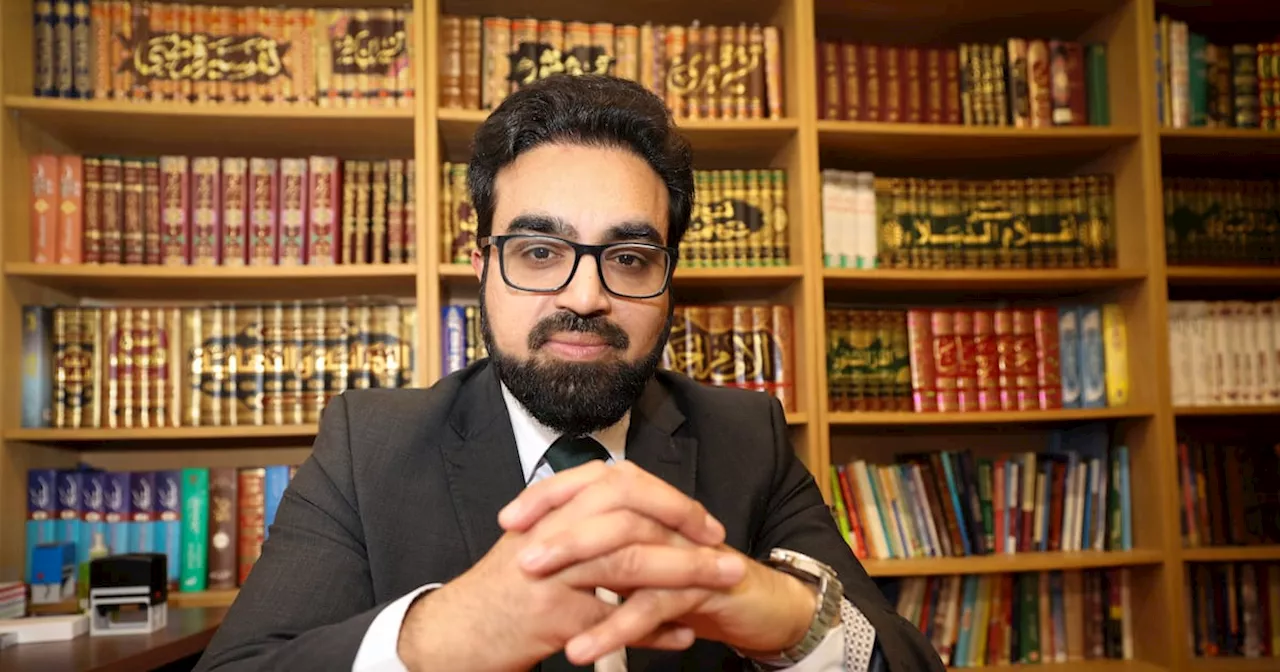This article explores the factors driving the rise of anger, division, and extremism in democratic politics, focusing on the changing nature of societal norms and their impact on acceptable discourse. Drawing on the example of Donald Trump's Maga movement, the author argues that the erosion of traditional norms has emboldened previously suppressed viewpoints, leading to a more polarized and contentious political landscape.
The messengers in Ireland used to be the main newspapers, political parties, RTÉ, the Church and the education system. That meant that Ireland had editors who – rightly or wrongly – editorialised. Today everyone is an editor The success of Donald Trump's Maga movement shows what can happen when societal norms shift. Photograph: Doug Mills/The New York Times Let’s talk about the message, who gets to tell the story, who constructs the narrative and who frames the debate.
The reason I’m ending the year with this column on who tells the story is, maybe like you, I’m trying to figure out what is happening to democratic politics. Why the anger, the spite, the bitterness, the division? Ireland has been reasonably peaceful, but as global events take time to lap up to our shores, it’s only a matter of time before the rancour and divisiveness seen elsewhere materialise here. For a long time I was persuaded by the link between the economy and political choices. The so-called “feelgood-factor” makes sense. If people are feeling good about their life they are less likely to lurch to extremes. However, drilling down into the data on how people are voting around the world, it is clear that the reasonably well-to-do are voting regularly for extreme parties. For example, the Maga movement was originally thought to be anchored in the “left-behinds”, but not any more. It is a broad coalition of rich, poor and those in the middle – all angry and gunning for somebody, something or someplace to attack, denigrate and blame. What appears to have changed is something called societal norms, those things that are regarded as acceptable to say in public. Once societal norms shift, things that were thought by some to be acceptable when hushed in private but unacceptable in public – such as racism, xenophobia or anti-Semitism - become reasonably widespread. In the past, although these notions were under the surface, they were suppressed. Today they are prevalen
Societal Norms Extremism Democracy Political Polarization Discourse
Ireland Latest News, Ireland Headlines
Similar News:You can also read news stories similar to this one that we have collected from other news sources.
 Survey Reveals Women's Fears Regarding Sexual Violence and Need for Societal ChangeA survey highlights that women hesitate to report sexual violence due to fears of disbelief and judgment. Ms Morragh stresses the need for societal change and stricter enforcement of laws against Intimate Image Abuse.
Survey Reveals Women's Fears Regarding Sexual Violence and Need for Societal ChangeA survey highlights that women hesitate to report sexual violence due to fears of disbelief and judgment. Ms Morragh stresses the need for societal change and stricter enforcement of laws against Intimate Image Abuse.
Read more »
 British Neutrality and the Shifting Tides of the Irish QuestionNewly released documents shed light on the complexities of the Northern Ireland peace process, revealing British neutrality on the Union and the challenges faced by both unionists and nationalists.
British Neutrality and the Shifting Tides of the Irish QuestionNewly released documents shed light on the complexities of the Northern Ireland peace process, revealing British neutrality on the Union and the challenges faced by both unionists and nationalists.
Read more »
 From short stays to gourmet fare - the Ocean Sands Hotel has a gift for everyone this ChristmasThere’s a whole lot going on this winter at the award winning Ocean Sands Hotel on the Wild Atlantic Way in Enniscrone. Fabulous short stay offers, gorgeous gift options and sizzling Christmas calendar highlights. Check out the Ocean Sands – you’ll be surprised at the choice as well as the value.
From short stays to gourmet fare - the Ocean Sands Hotel has a gift for everyone this ChristmasThere’s a whole lot going on this winter at the award winning Ocean Sands Hotel on the Wild Atlantic Way in Enniscrone. Fabulous short stay offers, gorgeous gift options and sizzling Christmas calendar highlights. Check out the Ocean Sands – you’ll be surprised at the choice as well as the value.
Read more »
 The Pressure to Create the 'Perfect' ChristmasThis article critiques the societal pressure to create a 'perfect' Christmas, highlighting the overwhelming expectations and commercialization that can lead to stress and anxiety.
The Pressure to Create the 'Perfect' ChristmasThis article critiques the societal pressure to create a 'perfect' Christmas, highlighting the overwhelming expectations and commercialization that can lead to stress and anxiety.
Read more »
 The Devaluation of Friendship in Modern SocietyThree writers explore the decline of friendship in contemporary society and how broadening our understanding and experiences of this essential relationship can enhance our lives and foster stronger connections and communities. The book delves into the struggles of seeking deep friendships, especially in adulthood, and examines societal norms that prioritize romantic relationships over platonic ones.
The Devaluation of Friendship in Modern SocietyThree writers explore the decline of friendship in contemporary society and how broadening our understanding and experiences of this essential relationship can enhance our lives and foster stronger connections and communities. The book delves into the struggles of seeking deep friendships, especially in adulthood, and examines societal norms that prioritize romantic relationships over platonic ones.
Read more »
 Dr Umar Al-Qadri Challenges Far-Right Extremism in IrelandDr Umar Al-Qadri highlights the increasing threat of far-right extremism in Ireland, emphasizing the need for anti-racism education and a unified campaign against hate to preserve democracy and societal values.
Dr Umar Al-Qadri Challenges Far-Right Extremism in IrelandDr Umar Al-Qadri highlights the increasing threat of far-right extremism in Ireland, emphasizing the need for anti-racism education and a unified campaign against hate to preserve democracy and societal values.
Read more »
